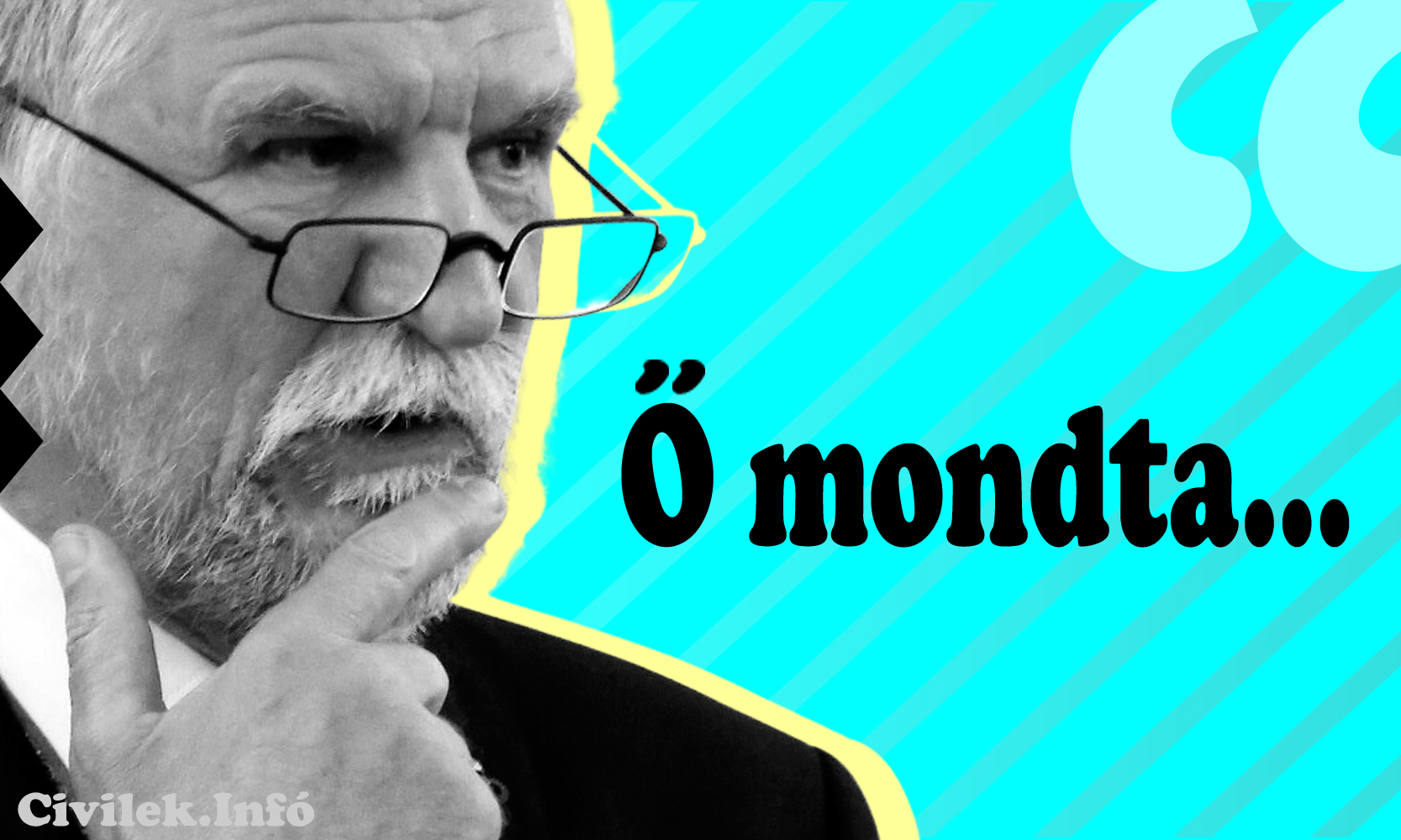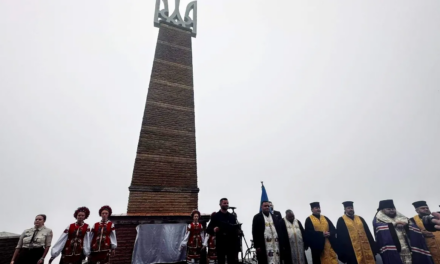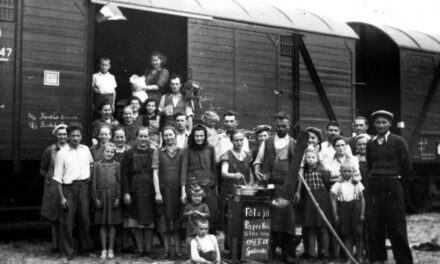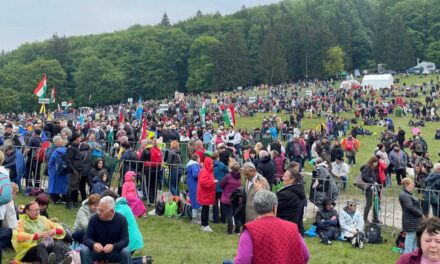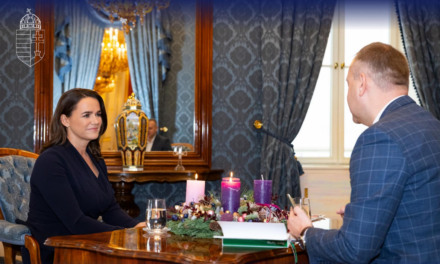In the ring of the Carpathians, the camp of Hungarian speakers is still the most populous, which shows that Hungarianness could not be eradicated either in the last thousand years or in the next, said the President of the Parliament in his speech to the people of Barcaság in Pürkerec, Transylvania.
On Saturday, the II. The Csángó Magyars Pilgrimage of Barcaság and Királyföld is held by the evangelical believers of the region, which started with a pilgrimage and worship and continues with all-day cultural programs.
László Kövér recalled in his speech in the square next to the Lutheran church: in 1489, King Matthias ordered that the length and weight measures used in Brasov should be used in Transylvania in order to put an end to fraud made possible by different units of measurement. He pointed out: even today there is something in Barcaság that it would be useful to raise as a standard throughout Europe: "the pattern of the ancient power of survival", which resides most in the men's borica dance of the Csangó Hungarians of Barcaság.
"The borica dance has been banned many times over the years, for example István Rab Zajzoni bitterly wrote in 1861 that the borica went to the grave together with many other ancient holidays - but the borica has always been resurrected, like the people of the Csangós of Barcaság, who still dance it today , and still draws strength from it today"
said the speaker, who said that this sustaining primal force of rebirth was and will be needed.
He reminded that July 4th will be the anniversary of the Battle of Bratislava in 907, which militarily concluded the operation of the Hungarian conquest, when the Hungarians won a decisive victory over the armies of the Margrave of Bavaria, who led the united Western armies. It was then that the Latin saying - Ugros eliminandos esse - appeared, according to which Hungarians must be eliminated. The ominous hotel has tempted the nation several times in the past thousand years, but the Hungarian primal force of survival did not let its fate be fulfilled.
László Kövér pointed out:
"at the cost of great sacrifices, suffering and losses, but the power of togetherness in Hungarians proved to be stronger than the forces that wanted to tear it apart".
He added: they are still trying to temporarily oust the Hungarians, as evidenced by the expulsion of the Romanian Hungarian Democratic Union (RMDSZ) from the government in Bucharest the other day.
"The leading party of the Hungarians in Romania, the RMDSZ, has been loyal to the Romanian state and the Hungarian nation since its creation; has been committed to Euro-Atlantic values since its inception; since its creation, it has strengthened political stability and ethnic peace in Romania and the Eastern European region," he said, and thanked party chairman Kelemen Hunor and the RMDSZ for their professional government work. He warned the politicians of the alliance to
"don't forget the lesson of borica", because it is also true in politics: those who are thought to have been pushed into the past, always come back to life with renewed strength.
The speaker explained that two camps are starting to gather in Europe these days: the camp of common sense, which wants Europe to remain for the European people, and those opposed to it. He urged the Hungarians of Barcaság to preserve the borica dance by all means, "and strengthen the Hungarian, Romanian and European camp of common sense with their faith, work and vote".
After the church event, László Kövér told the public media: his presence at the pilgrimage primarily indicates that the motherland, the entire Hungarian community, values the Csángos of Barcaság.
He pointed out: such events also prove to the members of the given community that it exists and has a future. This is true for all communities, but even more so for minority communities, where "every day you have to fight for existence", said the Speaker.
MTI

